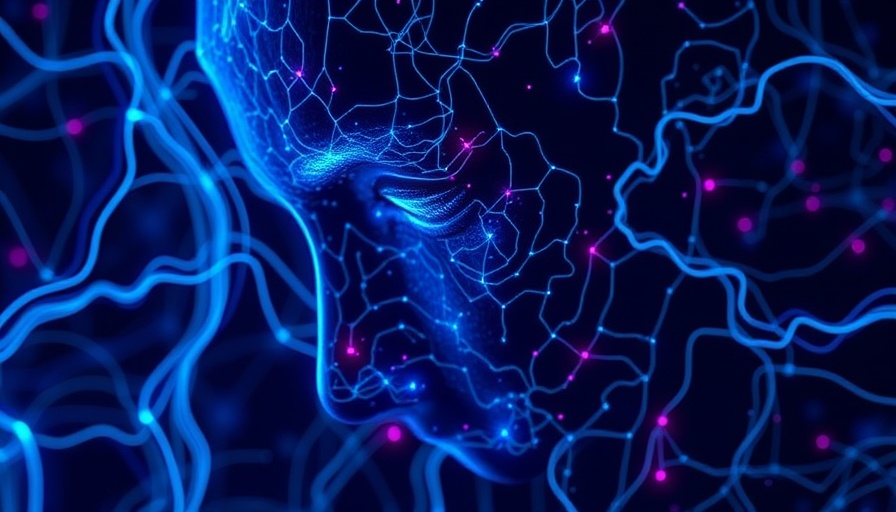
Understanding the Limitations of AI in Creative Writing
OpenAI CEO Sam Altman’s recent endorsement of an AI-generated short story on grief has sparked much debate about the capabilities of artificial intelligence in creative endeavors. While Altman touted the story as a remarkable achievement, many critics, including Kathryn Bromwich, have voiced skepticism. Artistic expression hinges on human emotions, experiences, and underlying nuances that AI, despite its advanced algorithms, often struggles to replicate.
The Disconnect Between AI and Human Creativity
At its core, writing is a deeply human activity that requires a connection between the writer and the audience. This connection enables readers to project their emotions onto the text. Bromwich argues that AI-generated stories lack the emotional gaps that breathe life into literary works. Instead, they produce outputs that are often mechanical and devoid of real feeling, highlighting how AI struggles to engage with the complexities of human experience.
Evaluating the Quality of AI-Generated Writing
One of the most resonant critiques of the AI story is its perceived quality—or lack thereof. Many experts, including Kyle Barr, argue that while the AI may generate language that seems coherent, it fails to convey genuine emotion or storytelling mastery. Phrases that may initially appear striking may, upon closer examination, reveal a lack of depth and character development. The AI’s inability to create authentic and relatable narratives raises pressing questions: Can we rely on AI to produce art that resonates?
The Challenge of Defining Creativity in AI
AI technology is evolving rapidly, and with it, the concept of creativity itself. As OpenAI continues to develop its models, the question remains: What does creativity mean in the context of AI? The ability to generate text does not equate to the capacity for creative thought. Critics argue that without the genuine intent behind writing, AI-created stories are merely synthetic compositions that lack the soul often found in human-written literature. The implications of this view challenge the very foundation of technology’s role in the arts.
Broader Implications for the Future of AI in Literature
The conversation around AI’s role in creative fields touches on wider issues of authenticity and ownership. As AI becomes increasingly capable of producing literature, what does this mean for writers? There are concerns about AI-generated texts flooding creative spaces, diluting the contributions of genuine authors and raising ethical questions about originality and artists’ rights. The literary community is left grappling with the potential for AI to change how stories are told, shared, and valued.
Encouraging Critical Perspectives on AI
The recent pushback against AI-generated narratives serves as a reminder that, while technology can augment human creativity, it cannot replace it. Engaging with AI-generated content critically is essential for fostering a nuanced understanding of its capabilities and limitations. As consumers and creators, we must remain vigilant about what we value in storytelling: personal experience, emotional depth, and authentic connection.
In conclusion, while AI like OpenAI’s latest model continues to refine its processes and improve its outputs, it is crucial for audiences to approach AI-generated writing with discernment. The future of literature may incorporate AI in some capacity, but the heart of storytelling will always belong to those who have lived and felt the experiences they convey. In the end, it is the human touch that will define the art of narrative.
 Add Row
Add Row  Add
Add 




 Add Row
Add Row  Add
Add 

Write A Comment